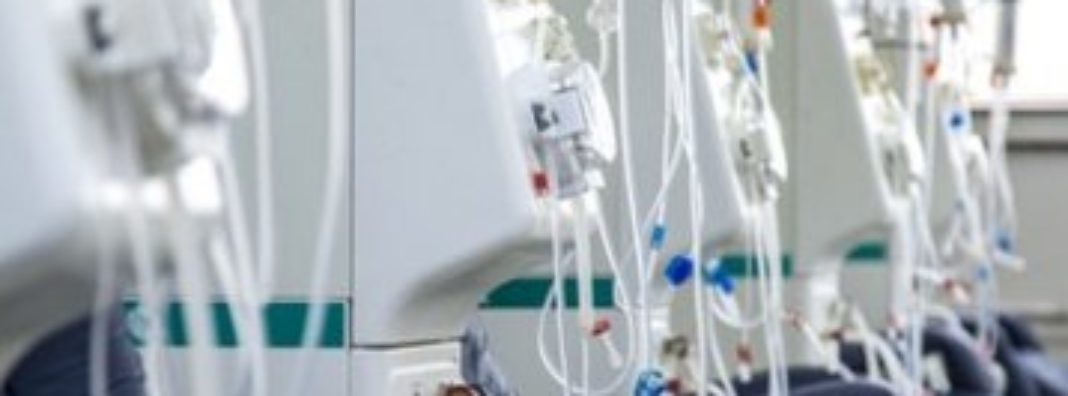
There are a lot of great things that make New Jersey unique — costly dialysis clinic regulations that might limit access to the most vulnerable residents of the state should not be one of them.
Diabetes nationally has afflicted more and more Americans, and New Jersey is not immune to this problem. According to the United States Diabetes Surveillance System, the percentage of New Jersey residents with diabetes nearly doubled from 4.1% in 1994 to 8.1% in 2016. Unfortunately, this also means that more New Jersey residents are being diagnosed with kidney failure or end-stage renal disease (ESRD). Diabetes is one of the leading risk factors for kidney failure.
Dialysis clinics in New Jersey and across the United States are operated 80 to 90 hours a week to accommodate patients’ needs. Registered nurses play an essential role in dialysis clinics — serving as both administrators and supervising or assisting technicians with providing care to patients.
Having access to high-quality health care at dialysis clinics is critical for New Jersey citizens. We have no doubt that regulators had the best of intentions in 2005 when they enacted a unique new rule — no other state has followed New Jersey’s lead and enacted a similar rule.
The rule requires that if a nurse is serving in an administrative capacity for even a few moments, that nurse may not assist with providing care to patients. A hard barrier is created between the administration of the dialysis clinic and providing care. Essentially this requires dialysis clinics to hire two additional full-time equivalent administrators or registered nurses that must function solely as administrators — they are not permitted to be involved with providing care to patients.



 NJ.com
NJ.com